
The regions King's-Edgehill School offers busing from are:
How we see King's-Edgehill School
Compare with:
How King's-Edgehill School sees itself
"“Be More” at King’s-Edgehill School, an IB Plus school since 1979 and Canada’s first independent school. Surrounded by the unparalleled beauty of our 92-acre campus in the safe and friendly province of Nova Scotia, study at a school that offers more at every turn and expects that by doing more and giving more, you will become one of the School’s highly successful graduates. Graduates who attend the world’s top universities and earn more than $2 million in university scholarships annually."
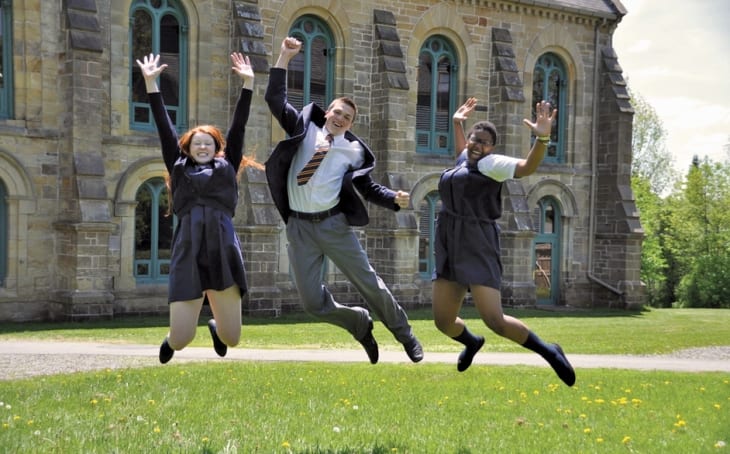


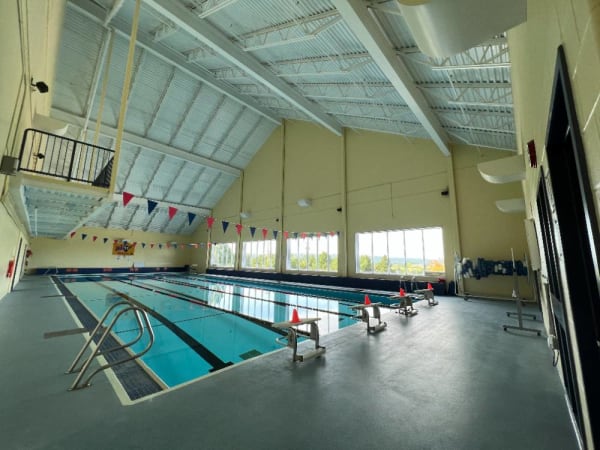
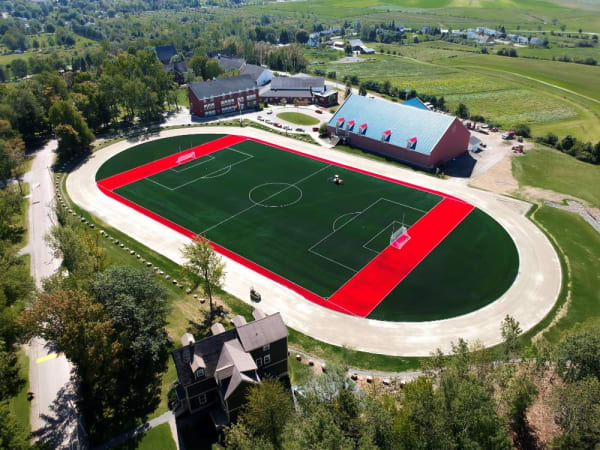



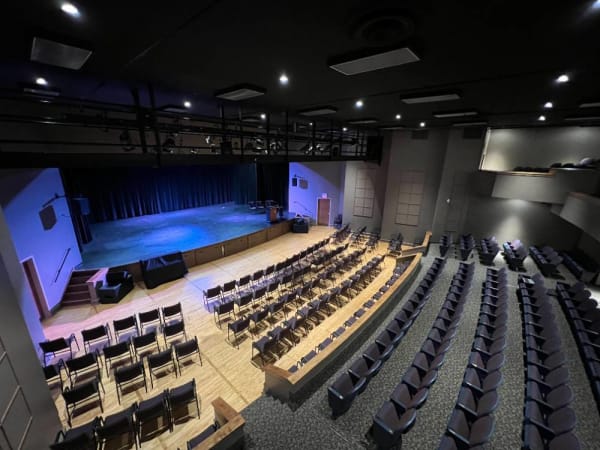
























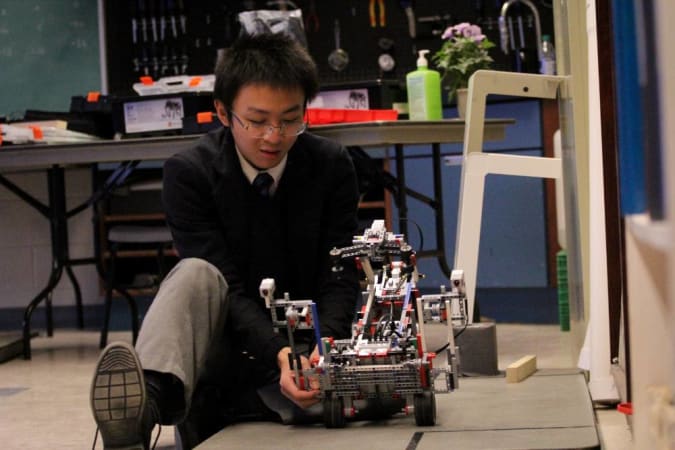




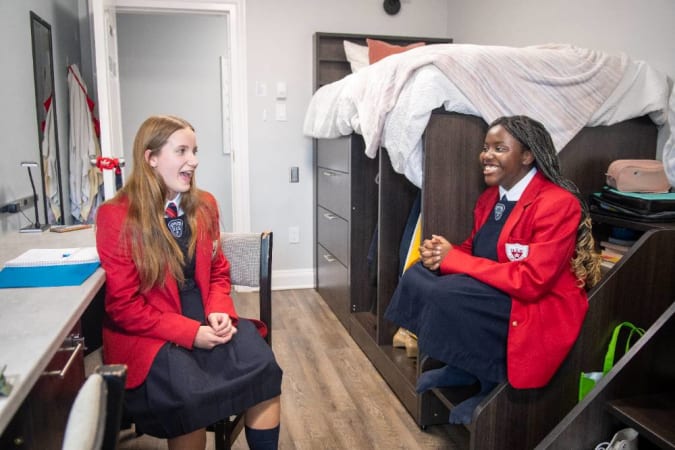







How people from the school’s community see King's-Edgehill School
Top-down influence on the school’s direction and tone

Joseph Seagram, Headmaster
My wife Belinda and I have lived on campus for eleven years and we love this school more than ever. You know why? The students are genuinely kind and warm and “real”. We don’t know for sure if it is because Nova Scotians are naturally friendly and welcoming, or whether King’s-Edgehill School itself has a uniquely respectful and happy culture. Whatever the reason, we love that everyone feels like they belong here. As a result the campus is a remarkably happy place and despite our high academic expectations students tend to get higher marks than ever before. Maybe it is because of the support they receive. Maybe it is because students like their teachers and feel that their teachers genuinely care about student success and emotional well-being. Maybe it is because when teenagers feel accepted, like they belong somewhere, they can concentrate on doing their very best rather than what they need to do to fit in or be liked.
Just under 400 students, King’s-Edgehill is small but mighty. We are small enough to know everyone really well, but large enough to do big things and to compete with schools much larger than us (and win!). Be it debating or robotics, math competitions or sport, we have an impressive record of success provincially, nationally, and internationally.
I love the diversity of our students too. Although two-thirds are Canadian, there are students from every continent and thirty different countries here. It is fabulous to see our Canadian students make best friends from Japan and Barbados, or Germany, or Ghana! Our annual Cultural Fair is an unbelievable feast of food and entertainment from around the world.
If you are interested in a school where it is cool to work hard and get good grades and go to university… if you want a place that is not pretentious and values humility and gentleness… if you are looking for a place that is an oasis of kindness and high achievement: then King’s-Edgehill School is definitely worth a look.
Come and see what brought Belinda and my family to Windsor, Nova Scotia. Like us, you may feel you belong here too.
Sincerely,
Joseph Seagram
THE OUR KIDS REPORT: King's-Edgehill School
Next steps to continue your research:
Continue researching King's-Edgehill School with OurKids.net, or visit school website.